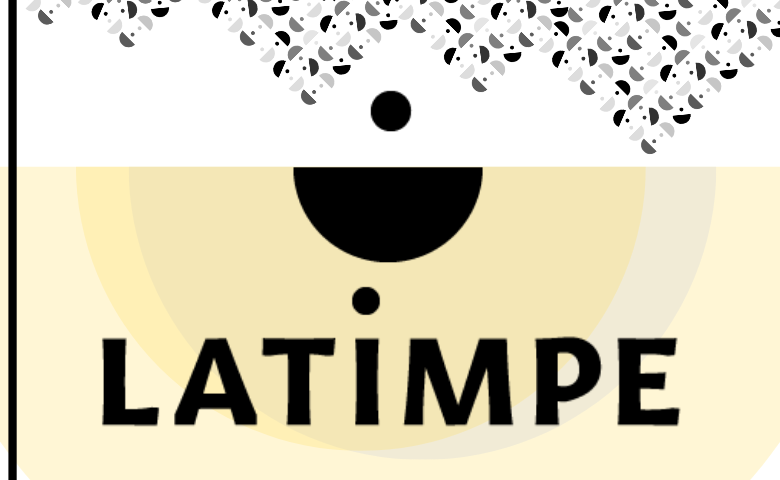The second Conference on Learning and Teaching in Higher Music Education organised by LATIMPE took place on 13 and 14 May. LATIMPE is a cooperation project including AEC and the Center for Excellence (CEMPE) at the Norwegian Academy of Music in Oslo. The conference was originally supposed to take place in Vienna, but due to the special circumstances it took place this time as an online conference only.
In terms of content, this second LATIMPE Conference is directly linked to the first one. But already the conference subtitles make evident that the topic under investigation was this time viewed from a different perspective. In 2018 the title was 'Becoming musicians – Student involvement and teacher collaboration in higher music education', this time 'Students as researching artists – Music, technology and musicianship'. Whilst the focus of the first conference was on modes of communication, it was this year on fundamental attitudes such as reflexivity, musicianship and digital awareness. It was already clear before corona came up that one of the conference focuses should be on digital learning. The pandemic has not triggered the digitisation of learning and teaching, but it has speeded it up considerably.
The conference kicked off with a very inspiring keynote launched by Dutch educator, researcher and computer game developer Evert Hoogendoorn. His plea was not, as some might have expected, to promote an edutainment approach to learning and teaching, rather he drew attention to the question of why well-done computer games succeed in motivating players to learn. From this, according to Evert Hoogendoorn, one could learn for every kind of teaching, also and especially in the area of higher music education.
From the numerous submissions, 23 paper presentations and two artistic performances were finally selected to be included into the conference programme, the range of which was extremely wide: Tutorial software, methods and technical systems; Online learning management and online exams in higher music education; Experience reports in the use of digital instruments; What do students expect from teaching at music HEIs in the digital age? Philosophical contemplations and projects of artistic research.
Also analog learning and teaching found its spot, although this time only in a niche. The conference ended with two World Cafés and a panel discussion.
Conclusion: The feedback given so far on the content of the conference was very positive. Digital learning and teaching remain a challenge – as it does to organise a purely digital conference. Covid-19 has catapulted us all into a huge trial field that will give us a lot of new insights, including unexpected and remarkable ones. Some of the recurring discussion topics can give an idea of this:
- Online learning suddenly concerns everyone, not just digital nerds;
- Online learning and teaching changes our perception of time and opens up spaces of asynchronous learning;
- Hierarchies change, they can flatten (mainly in small groups and in one-to-one teaching), but can also become steeper;
- The preparation and follow-up of online courses is more time-consuming than conventional forms of teaching.






